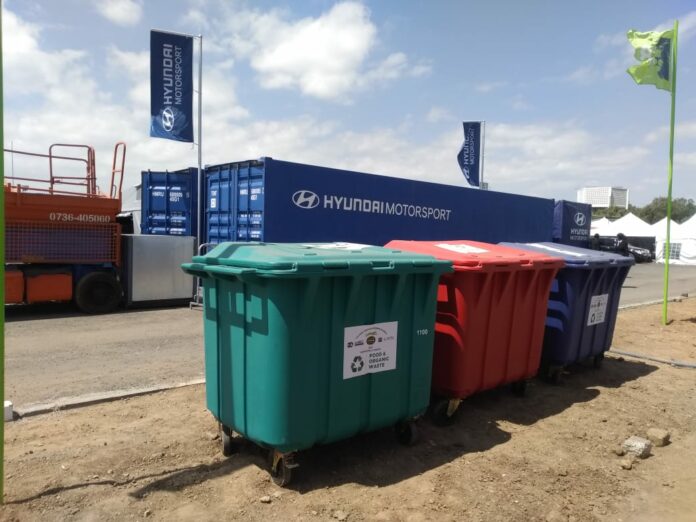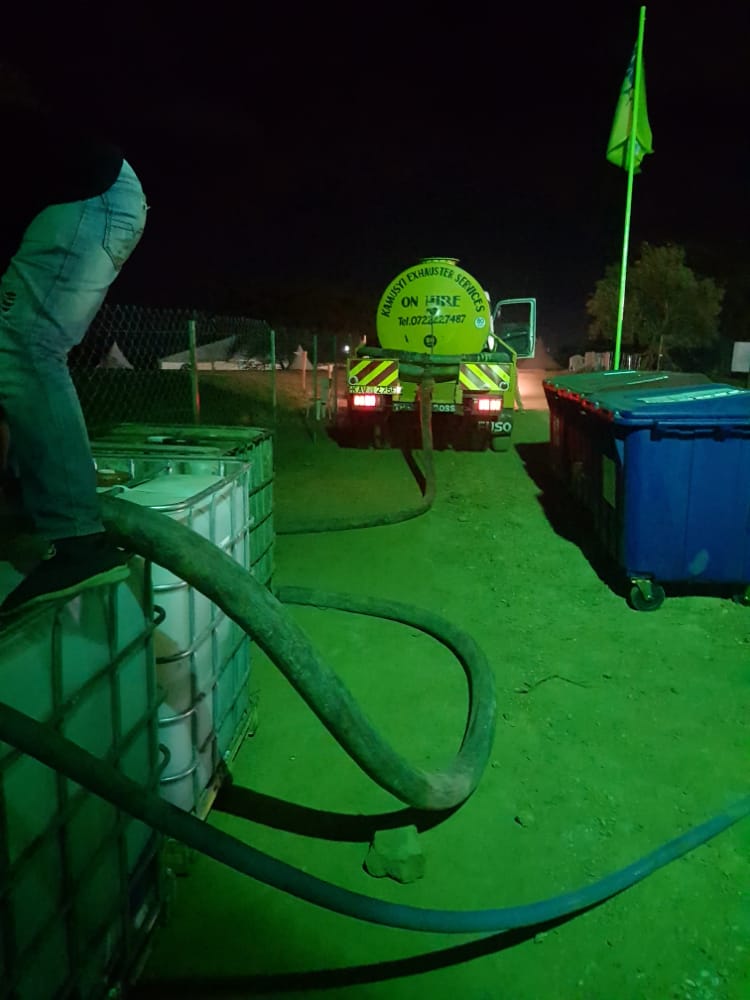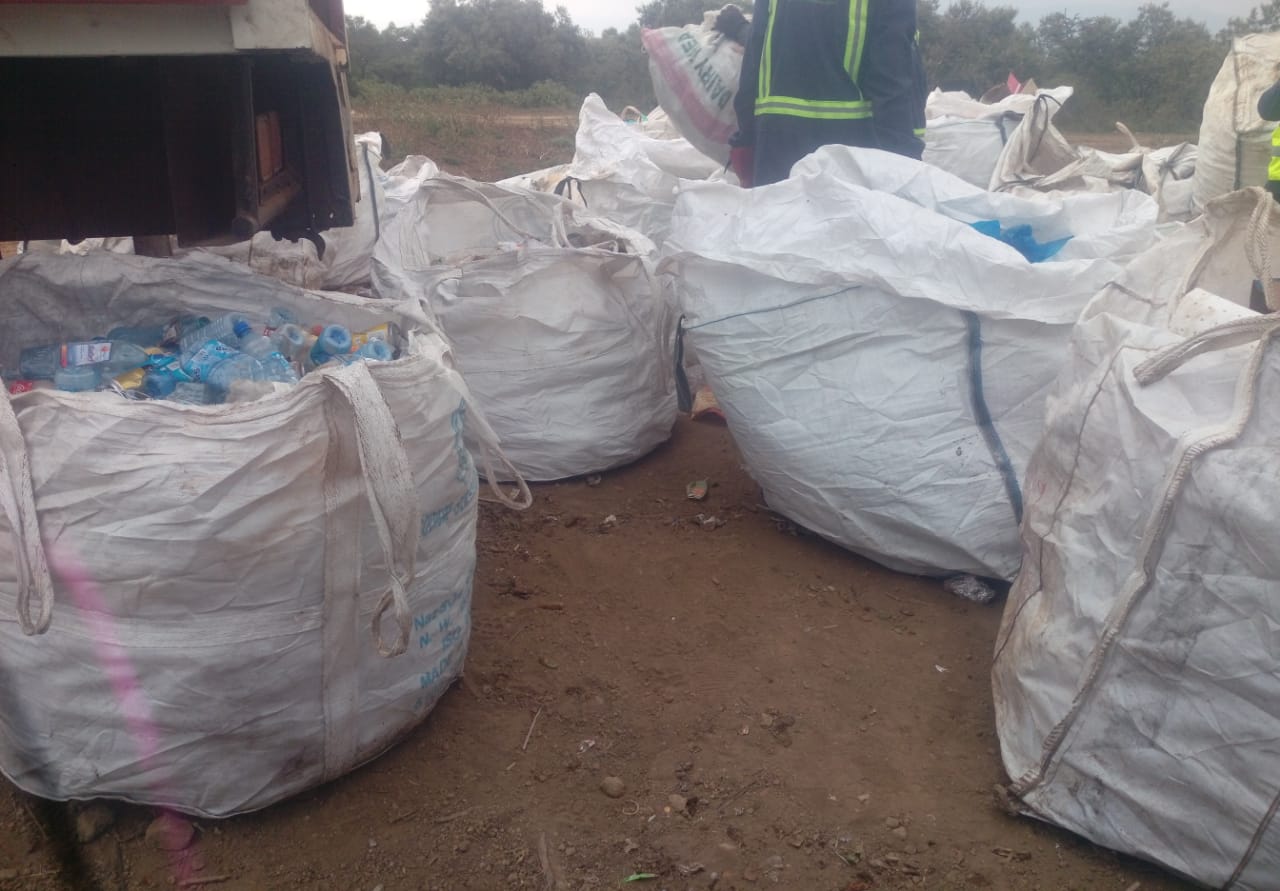The World Rally Championship (WRC) Safari Rally Kenya was not only the most successful event on the continent in the last 5 years but also set high standard levels for environmental protection. The Safari Rally was hosted in a wildlife reserve area amidst a global concern of of climate change that is largely caused by the irresponsible plastic waste disposal, fossil fumes disposal among others.
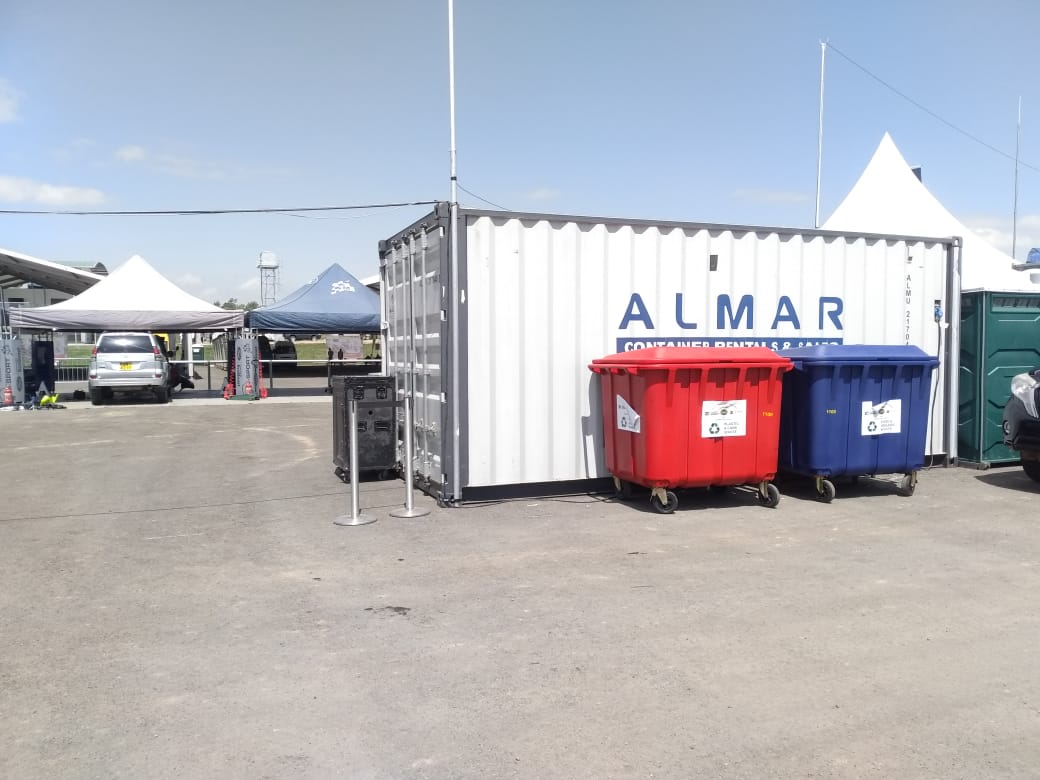
The Safari Rally through its organisers showed the world that it was up to the task of protecting the environment by ensuring all the spectators during the championship are first of all educated the the averse risk of irresponsible plastic disposal and littering the championship venue.
Through an official communique, the Chief Executive officer of WRC Safari Rally Kenya Mr. Phineas Kimathi shared the enormous commitment of the organizers to environmental protection in the official WRC Safari Rally Environmental Policy.

Download full WRC Safari Rally Environmental Policy
The CEO called upon all stakeholders ranging from the organizers, competitors, sponsors, suppliers, and spectators to be cautious of the environmental impacts that could result from the event if all stakeholders were not responsible for their waste disposal.
How it was Organised and a litter-free venue achieved.
You may ask yourself how did the organizers control over 25,000 fans and ensure they promote a litter-free venue throughout and after the championship. This is how they undertook the herculian task:
FIA Environmental Sustainability Framework guidelines
The FIA Environmental Accreditation Programme is aimed at helping motor sport and mobility stakeholders worldwide to measure and enhance their environmental performance. By introducing clear and consistent environmental management into motor sport and mobillity, it provides stakeholders with a three-level framework against which to accredit their activities.
The WRC Safari Rally Kenya was guided by the provisions of the FIA Evironmental Sustainability Framwork which ensures that event complies with internationally acceptable standards. Hosts of FIA events have to commit to observe the guidelines to be given accrediattion to host the event. Safari Rally has complied with all the regualtions and is currently finalizing the repoerting on the environmental impact of the rally.
Stakeholder engagement
On environmental matters, an environmental committee comprising of key stakeholders was formed. Theis was to ensure that all aspects of environmental sustainability were adhered to. The commitee comprised of the following: Kenya Wildlife Services (KWS), representation from the conservancies, National Environmental Management Authority (NEMA), Naukuru County and the WRC safari Rally Kenya officials.
In a post rally tour of the rally route, stakeholders led by Dr. Peris Njoroge, the Chief Environment Officer – WRC Safari Rally Kenya, confirmed their satisfaction with the planning, execution and outcome of the environmental sustainability measures. There was no litter on the entire rally route, spectator stages and at the service centre at the Kenya Wildlife Services Training Institute (KWSTI).
Train, Educate and inform spectators
The Championship venue was filled with enough signage that reminded people to dispose waste responsibly and promote a litter-free venue. The investment in this signage reduced the workload and thus promote a litter-free post-event venue.
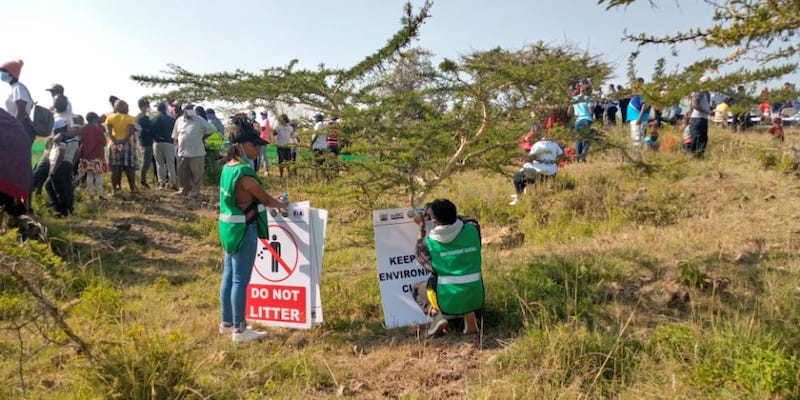
Provision of enough trash bins at the venue
The venue was filled with many dustbins that were sort enabled to allow the masses to sort and separate waste as they dispose it off. There were small bins all over the venue and several huge dump stations of bigger trash bins as collections centers. When you tell people do not litter here and you created room for where to litter you make it easy for people to follow the rules.
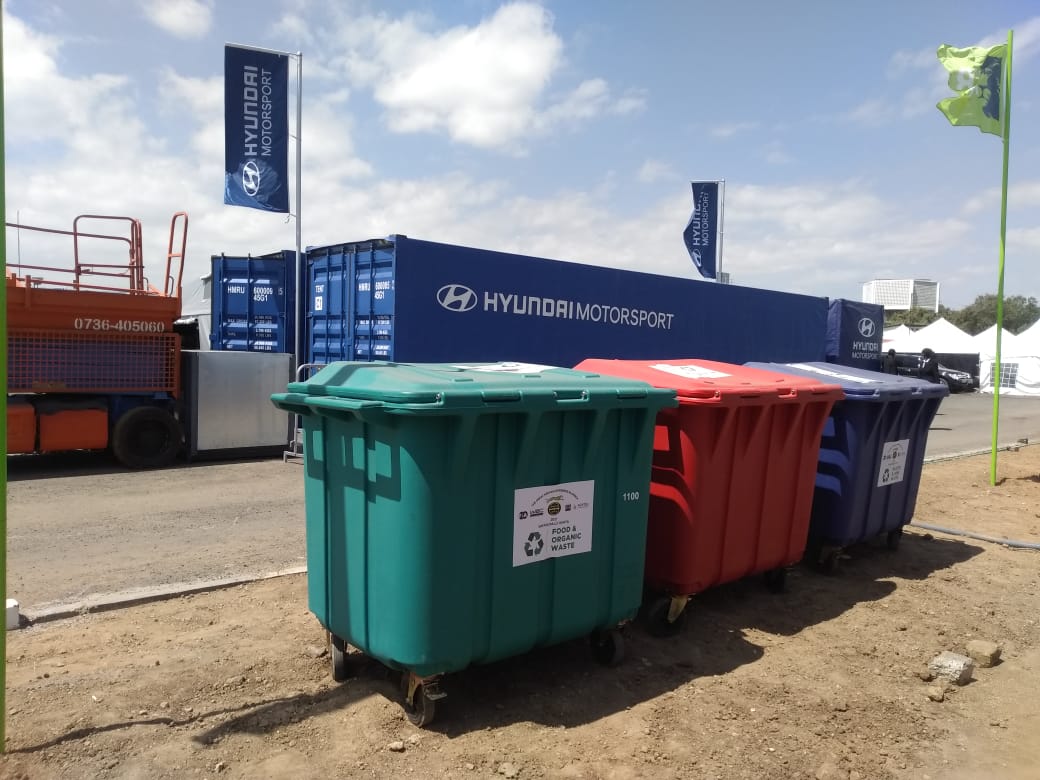
Rapid Response Method
The organisers availed cleaning teams that picked litter in all the spectator stages during the event. Cleaners were making periodic rounds to pick up litter as the event was happeing and did a thourough clean up after spectators left the sites. A final clean-up and inspection was done the following day to esnure that the environment was respored and litter free.
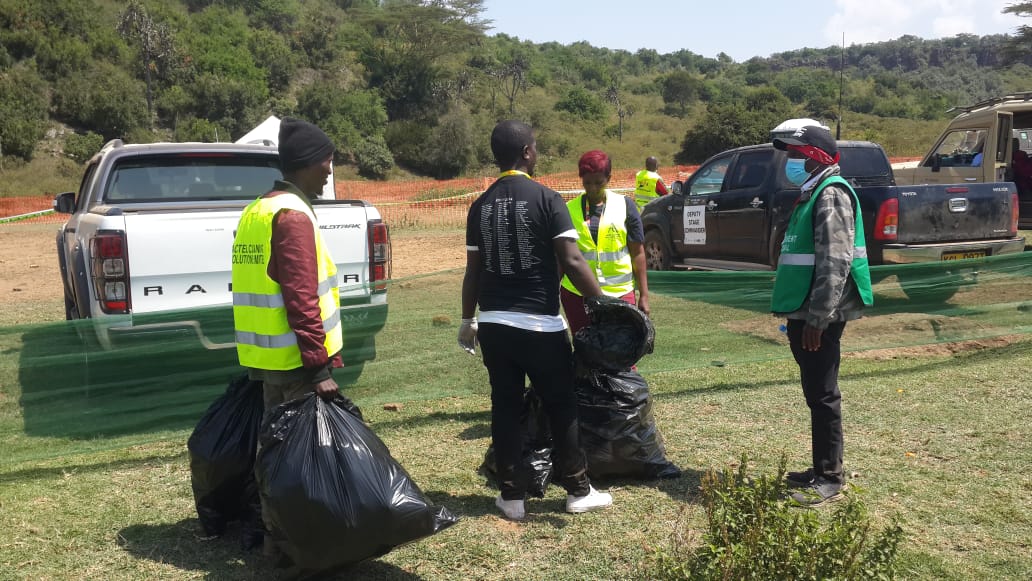
Human Waste Management
The venue had mobile toilets and human waste digestor system to ensure all mobile toilets were kept empty most of the time. This prevented the masses from irresponsibly disposing of their waste at the venue.
Post Event Waste Handling
After the championship, tonnes, and tonnes of plastic waste were carried out of the venue living the place just as WRC championship found it.
WCR Safari Rally did not only win hearts of Kenyans but also put Kenya on the global competitive map of environmental protection and co-existence with nature.



